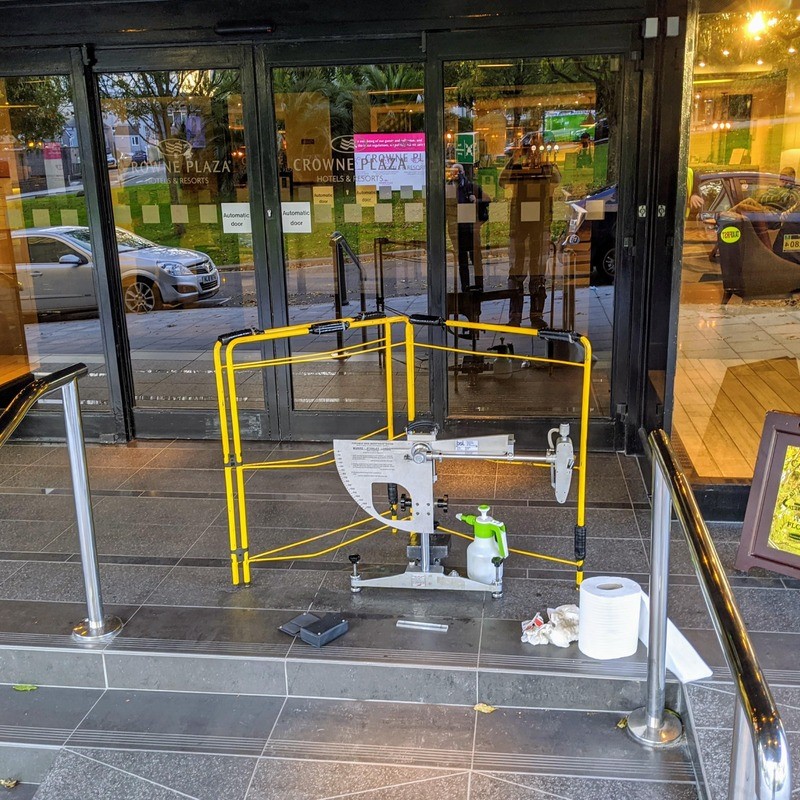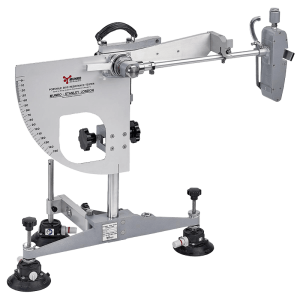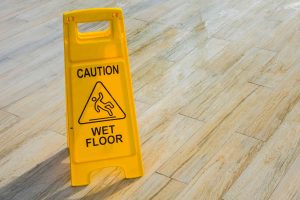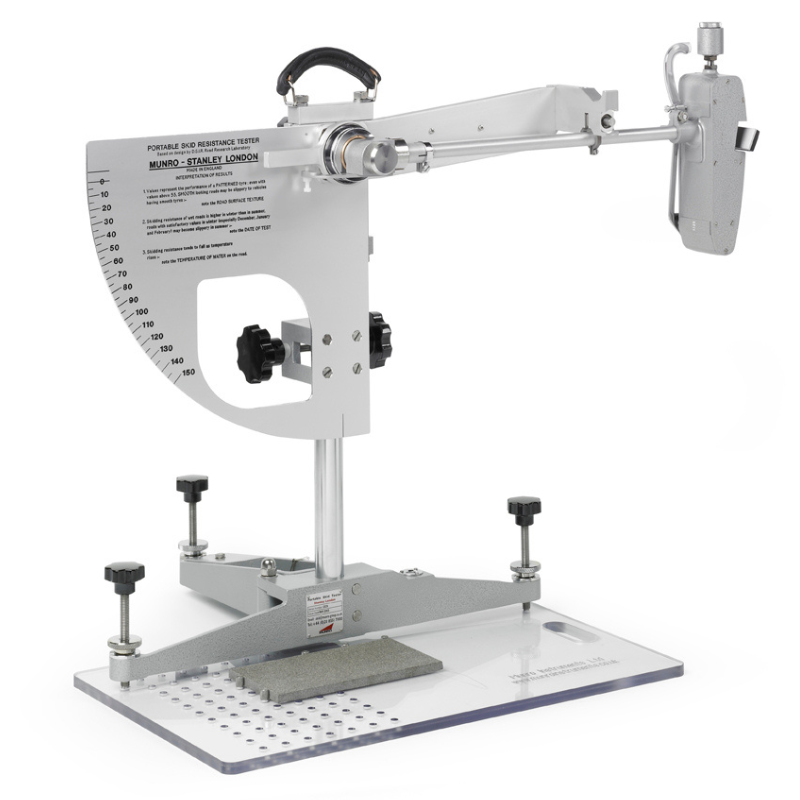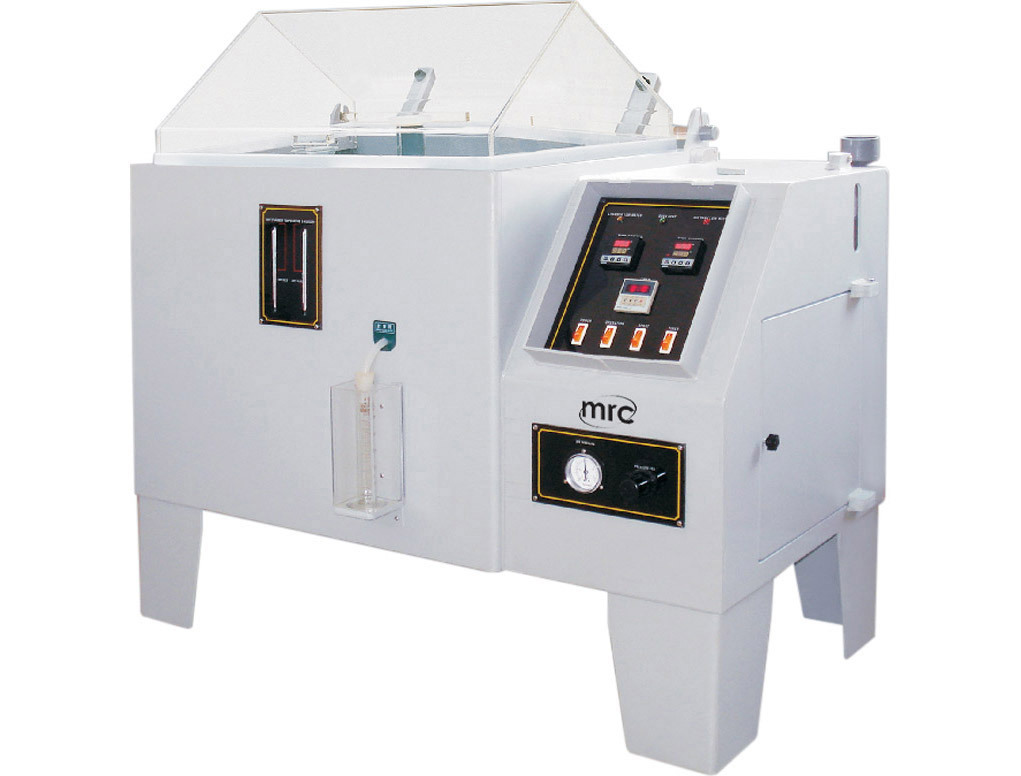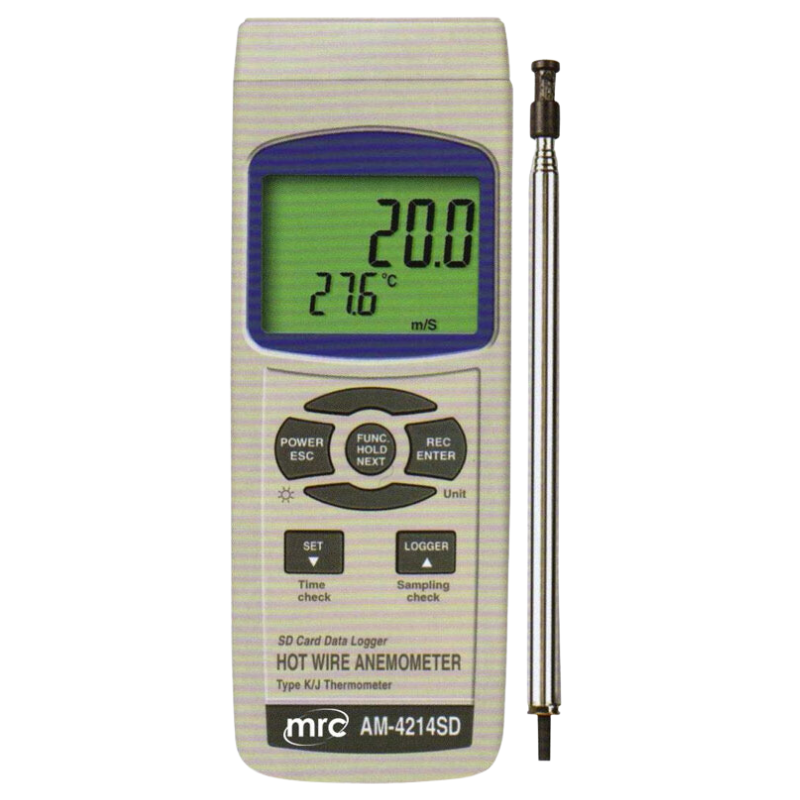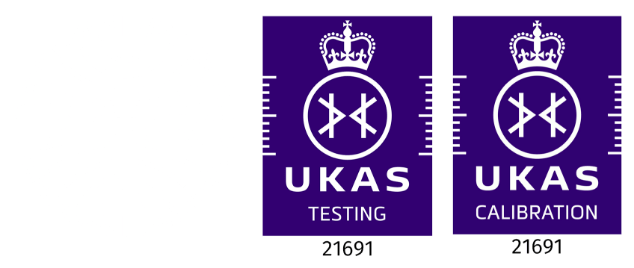Slip testing is a critical service that helps assess the safety of flooring, ensuring that it meets the standards necessary to prevent slip-and-fall accidents. In the UK, this service is not only important for compliance with health and safety regulations but also for minimizing risks to both businesses and property owners. The question often arises: who exactly needs slip testing services? Whether you’re running a large retail store, managing an office space, or owning a commercial property, this service could be vital for you. Let’s explore the target audience that benefits most from slip testing services in the UK.
Why Slip Testing is Essential in the UK
Legal Requirements
The Health and Safety Executive (HSE) in the UK mandates that businesses ensure their premises are safe for public use. Slip Resistance Testing Service helps companies comply with these requirements by verifying that flooring surfaces are not hazardous. Non-compliance could lead to fines and other legal consequences.
Safety and Liability
Beyond the legal aspect, slip testing protects businesses from the risk of accidents. Slip-and-fall injuries are one of the most common types of workplace accidents, and they often result in expensive lawsuits. Slip testing can minimize this risk and ensure safer environments for employees, customers, and visitors.
Who Needs Slip Testing Services?
Businesses in Public Areas
Any business with public access, such as retail stores, restaurants, or shopping malls, needs slip testing services. These businesses experience high foot traffic, increasing the chances of slips or falls, especially when weather conditions worsen, or cleaning is underway.
Private Property Owners
Slip testing isn’t just for businesses. Private property owners, particularly landlords of residential properties or commercial buildings, also need to ensure their premises are safe. By performing slip testing, they can avoid liability in case of accidents.
Educational Institutions
Schools, colleges, and universities are often high-traffic areas with students and staff moving about throughout the day. Slip testing is essential to ensure the safety of these environments, especially in playgrounds, cafeterias, and hallways.
Healthcare Facilities
Hospitals and clinics are responsible for the safety of patients, visitors, and staff. Slip testing is crucial in such environments where a simple accident can have severe consequences, particularly for elderly or disabled individuals.
Types of Businesses That Benefit from Slip Testing
Retail Shops and Malls
These are prime locations for slip testing, as the floors can quickly become slippery from spills, weather conditions, or cleaning products. Malls, in particular, see thousands of visitors daily, and ensuring safe floors is paramount.
Hospitality Industry
Hotels, restaurants, and event venues need slip testing services to maintain safe conditions, especially in kitchens, bathrooms, and pool areas where floors can become slippery due to water or food spills.
Office Buildings
Office managers and property owners should consider regular slip testing to provide a safe working environment for employees. Slip accidents in the workplace can lead to personal injury claims and lower productivity.
Gyms and Sports Centers
Gyms and fitness centers often have areas where water and sweat create slippery surfaces. Slip testing ensures that these areas, particularly near showers and pools, meet safety standards.
Slip Testing for High-Traffic Areas
Airports and Train Stations
Transport hubs are bustling with people and luggage, increasing the risk of slips and trips. Regular slip testing is crucial to maintaining safety in these busy environments.
Stadiums and Concert Halls
Stadiums and entertainment venues, especially during events, need to ensure that their floors are safe to walk on, particularly when alcohol or food spills are more common.
Slip Testing in Industrial Sectors
Warehouses
In industrial settings like warehouses, slip hazards are often caused by spills, wet surfaces, or dust. Slip testing helps reduce the risk of accidents, especially where heavy machinery is involved.
Manufacturing Plants
Factories and manufacturing plants can be hazardous work environments, especially with the presence of oils and chemicals on the floor. Slip testing is essential to ensure the safety of workers.
How Slip Testing Can Help Reduce Accidents
Importance of Safe Flooring
Safe flooring reduces the chances of accidents, creating a safer environment for everyone. Slip testing ensures that flooring materials meet safety standards and reduce the risks associated with slips and falls.
Preventing Costly Lawsuits
Slip-and-fall accidents are a common cause of personal injury lawsuits. Businesses that regularly conduct slip tests can lower their liability, avoiding the costly legal fees and settlements associated with such incidents.
The Process of Slip Testing
Tools Used in Slip Testing
Slip testing involves specialized equipment, such as the Pendulum Test, to measure the slip resistance of different flooring surfaces. This test provides an accurate reading of how slippery a surface can be in various conditions.
Testing Standards in the UK
The UK follows specific standards for slip testing, with the Pendulum Test being one of the most recognized methods. Results from these tests are used to determine if flooring complies with HSE guidelines.
Understanding Pendulum Testing
What is the Pendulum Test?
The Pendulum Test is a widely recognized method for measuring the slip resistance of floors. It mimics the motion of a heel striking the floor, providing a reliable measure of how slippery the surface is under different conditions.
Benefits of the Pendulum Test for Slip Testing
The Pendulum Test offers several benefits, including accuracy and reliability. It’s the standard test used in the UK for assessing floor safety, and its results are trusted by safety inspectors and insurers.
Regular Slip Testing: A Key to Long-Term Safety
How Often Should Slip Tests be Performed?
Slip testing should be performed regularly, especially in high-traffic areas or places with changing conditions. For example, rainy seasons or heavy cleaning periods may require more frequent tests.
Keeping Up with Changing Conditions
Environmental factors, such as weather and wear-and-tear, can affect a floor’s slip resistance. Regular testing helps ensure that surfaces remain safe even as conditions change.
How to Choose a Slip Testing Service Provider in the UK
Key Qualities to Look For
When choosing a slip testing provider, look for companies with experience and certification. They should use the latest tools and methods, like the Pendulum Test, to provide accurate results.
Certified and Experienced Providers
Select a service provider that adheres to the highest safety standards and has a proven track record in slip testing. Certification from relevant safety organizations is a must.

